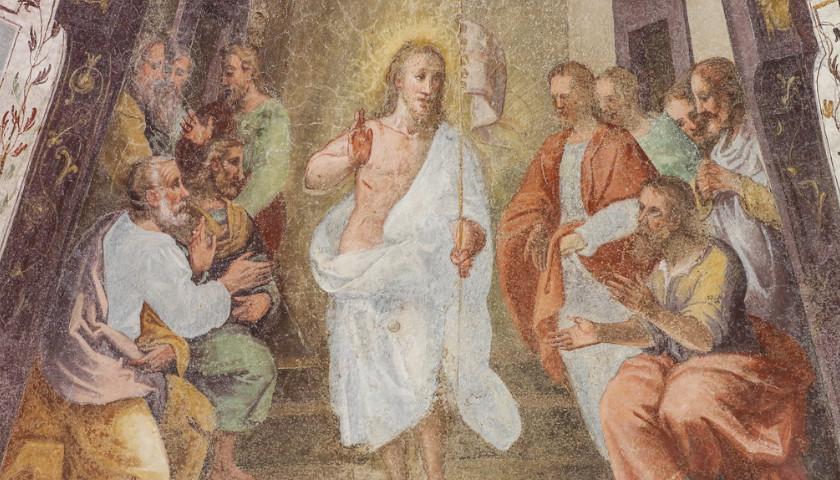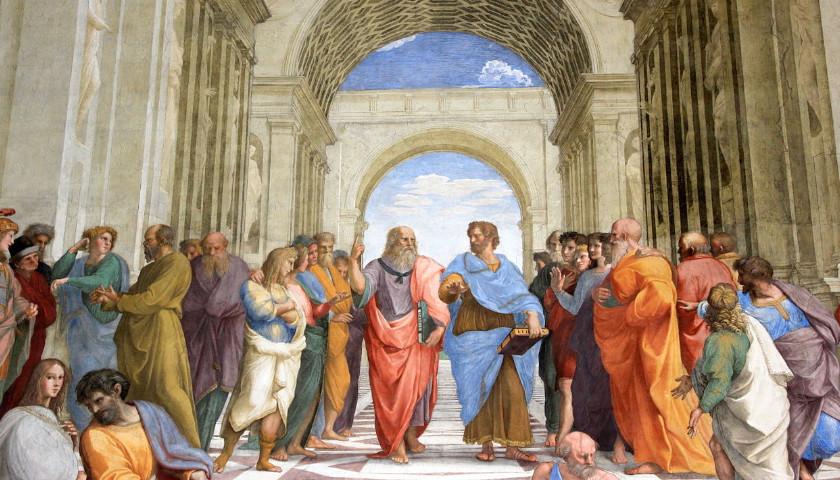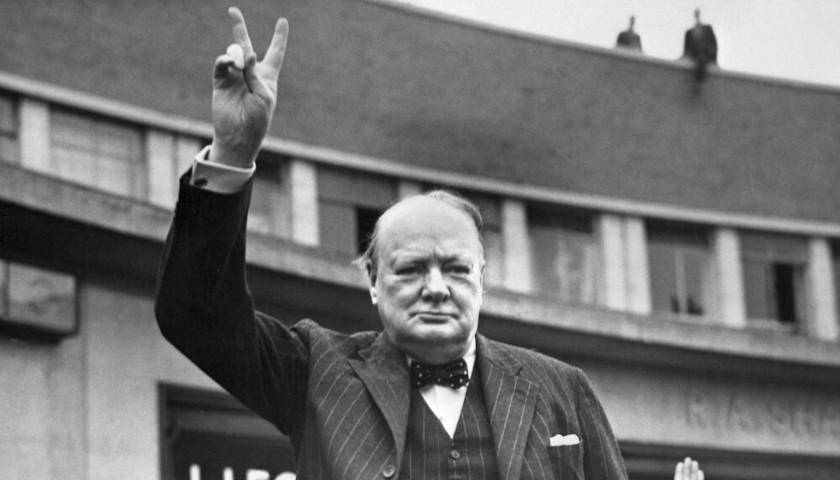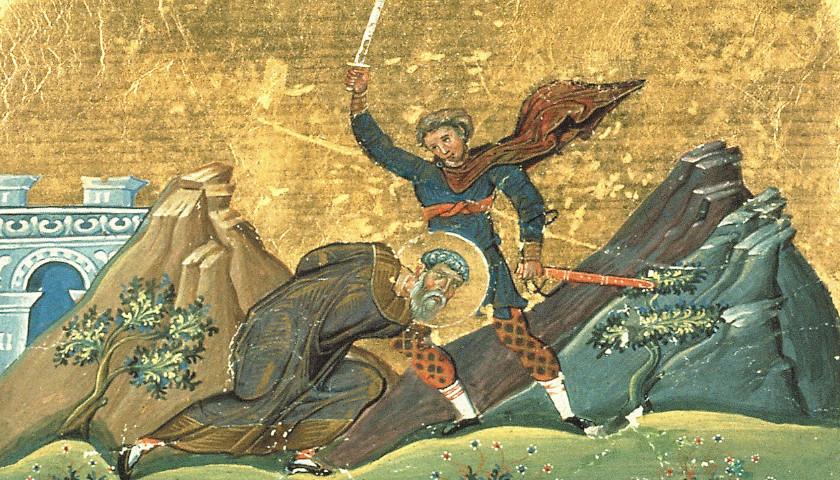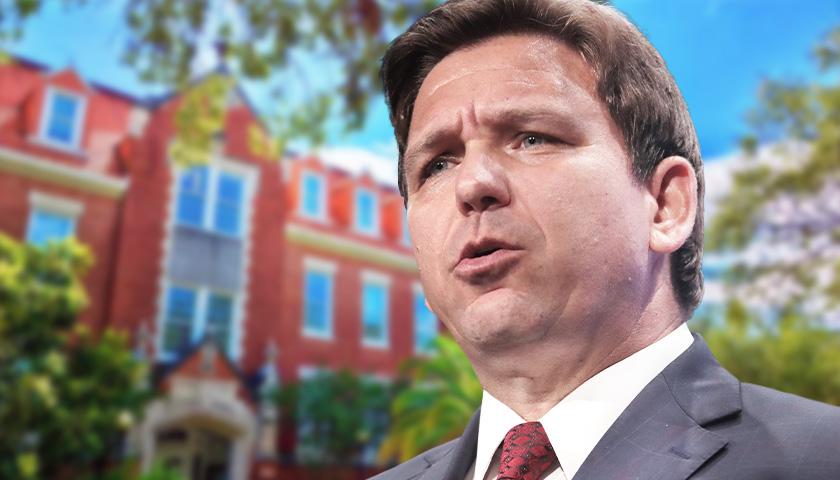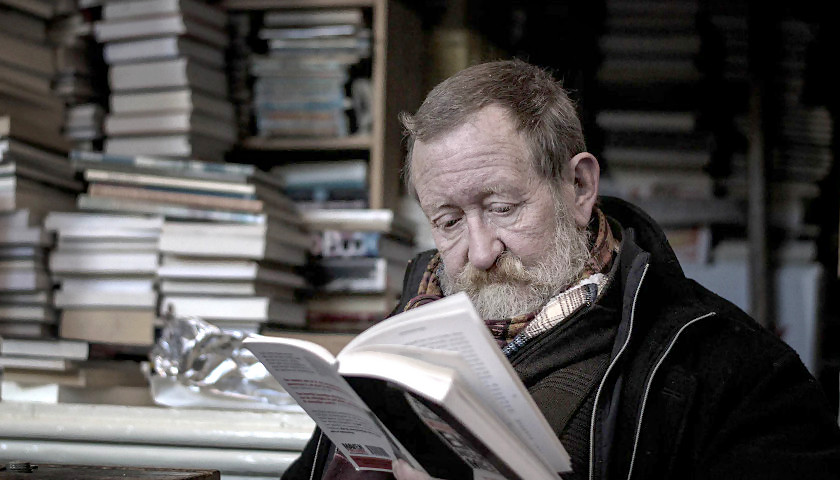Christians around the world will commemorate the most important event in our faith’s history this Sunday, but the Resurrection of Jesus isn’t just important to those who believe a Nazarene who walked the earth 2,000 years ago is the Son of God. The secular world’s history also turns on this pivotal event, which inspired so much progress that we take for granted today.
Christianity turned the values of the Pagan Roman world upside-down. The Romans considered the early Christians subversives—many called them “atheists” because they didn’t worship any pagan gods—and put them to death for refusing to worship the emperor. After some emperors adopted the faith, Emperor Julian attempted to revive paganism, but lamented that the Christian ethic had transformed the empire.
Read the full story
